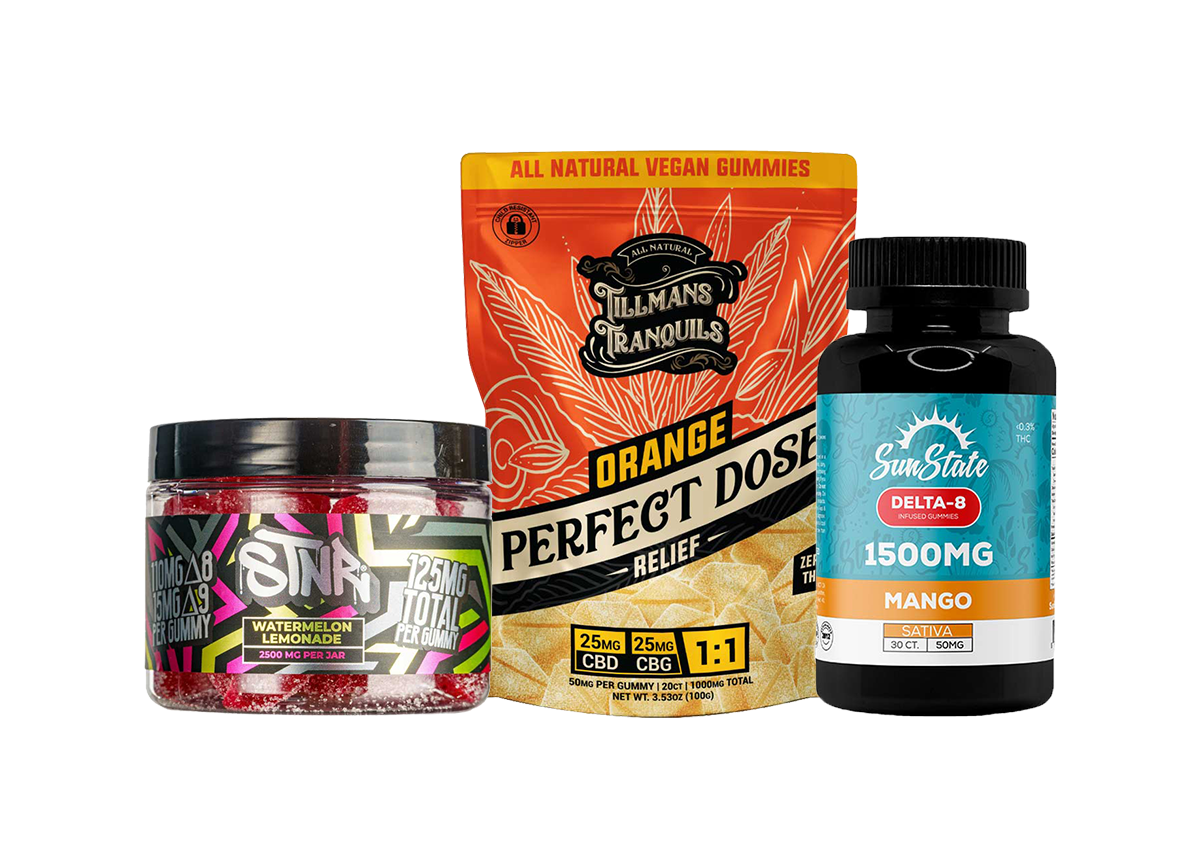Introduction
In the cannabinoids family, Delta 8 THC has emerged as a new and popular player. However, just like any emerging substance, comprehending its legal status is crucial. This comprehensive guide aims to illuminate the legal landscape surrounding Delta 8 THC while diving into the regulations and compliance factors that shape its use.
What Are the Complexities of Deciphering the Legal Landscape for Delta 8 THC?
The first question many users ask is, "Is Delta 8 THC legal?" The answer, much like the compound itself, is multifaceted. Despite its distinction from the well-known Delta 9 THC (aka THC), the legal status of Delta 8 THC remains open to interpretation. Federally, Delta-8 is legal as long as it contains less than 0.3% THC by weight. Some US states have chosen to strictly regulate or even ban the sale of Delta 9 products. The legality hinges on several factors, encompassing its origin, extraction process, and the legal jurisdiction within which it is distributed.
How Did the 2018 Farm Bill Impact the Legal Status of Delta 8 THC?
A pivotal moment arrived for the cannabis industry with the enactment of the 2018 Farm Bill. This legislation established legitimacy for hemp-derived products, opening doors for hemp-based items like CBD. Notably absent from the Farm Bill's explicit mentions was Delta 8 THC (also derived from hemp), raising questions about its state-level legal standing and contributing to an ongoing classification challenge.
What is the Relationship Between Federal and State Legitimacy in Delta 8 THC's Legal Status?
Federal legitimacy and state perspectives intertwine intricately in Delta 8 THC's legal sphere. While the 2018 Farm Bill granted federal recognition to hemp-derived products with a THC concentration of 0.3% or lower, the Farm Bill's silence on Delta 8 THC, which is also hemp-derived and has a THC concentration of 0.3% or lower, has led to ambiguity. States have embraced diverse approaches, some explicitly endorsing its legality, while others maintain a more restrictive stance.
In the United States, as of August 2023, there are 31 states where Delta 8 THC is legal. In some states, Delta 8 is regulated and can only be purchased at licensed dispensaries. In other states, Delta 8 THC has been banned in licensed dispensaries.
Why is the THC Content Threshold Considered Crucial in Determining the Legality of Delta 8 THC?
Unraveling the legal intricacies of Delta 8 THC involves deciphering THC content thresholds. The legal distinction rests on THC concentration; if it surpasses 0.3%, the product is categorized as marijuana, rendering it federally illegal. For any cannabinoid to be legal under the 2018 Farm Bill, it must have a THC concentration of 0.3% or lower.
How Does Transparency Improve Through the Implementation of Third-Party Testing for Delta 8 THC Products?
To ensure transparency and compliance, reputable Delta 8 THC manufacturers emphasize third-party testing. These assessments validate cannabinoid content and guarantee THC levels stay within legal boundaries. This dedication to transparency builds consumer confidence, empowering informed decisions.
What Challenges Arise in Navigating Marketing Compliance for Delta 8 THC Products?
Navigating marketing compliance poses challenges for Delta 8 THC products. Striking a balance between informative promotion and steering clear of unapproved medical claims requires meticulous precision. Adhering to these guidelines safeguards both consumers and compliance efforts. It is important to note that because Delta-8 is not FDA-approved, these products cannot be labeled to be intended to diagnose, treat, cure, or prevent any disease.
How Does Consumer Empowerment Play a Role in Understanding the Legal Boundaries of Delta 8 THC?
Empowering consumers with knowledge becomes paramount when navigating the legal boundaries of Delta 8 THC. Understanding the intricacies of state regulations paves the way for informed decisions. Consumer education fosters responsible choices aligned with the legal landscape.
How to ensure your Delta-8 product is legal?
To be confident that you are consuming a pure and legal product requires proper research. Purchase from retailers who provide certification verifying strength is less than 0.3% or lower of Delta 9 THC content and also that the product is free of pesticides, reagents, solvents, and acids (which are used in the extraction of Delta 8 from the plant). My Pain Center offers third-party lab testing on all its products to verify the purity and quality of each product.
Conclusion: What Insights Can Be Drawn from Navigating the Legal Landscape of Delta 8 THC?
The legal status of Delta 8 THC is a hot topic that isn’t going away anytime soon. As legal perspectives continue to evolve, staying informed becomes an invaluable asset. Armed with awareness and understanding, traversing this landscape ensures responsible and compliant consumption.
At My Pain Center, we hold the legal status of Delta 8 THC in high regard. Our commitment to adherence encompasses vigilant monitoring of regulatory changes and rigorous third-party lab testing for our products. This dedication assures transparency and top-tier quality. Trust that our products prioritize your well-being while meeting legal standards.


